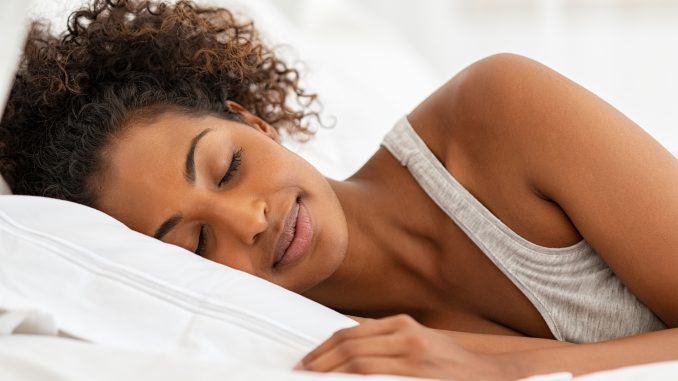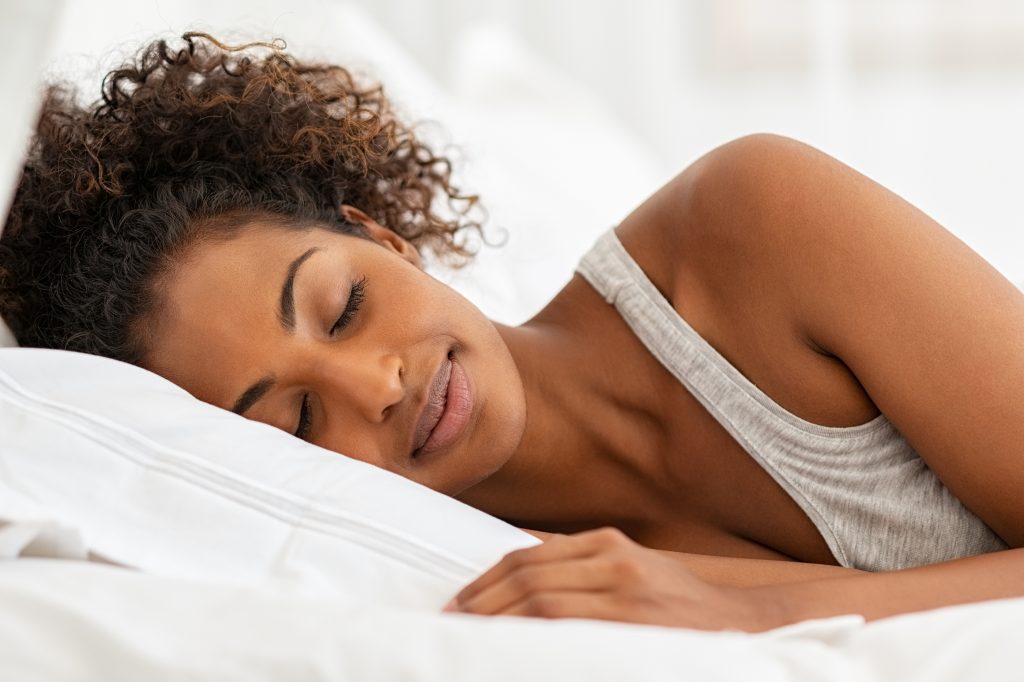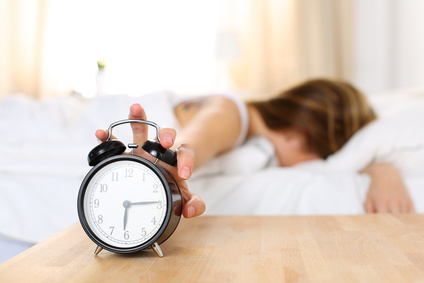

Not getting enough sleep is common these days.
Adults need 7 or more hours night of sleep each night for best health and well-being. Anything less than 7 hours of sleep is considered an inadequate amount of sleep within a 24-hour period. Around 50 to 70 million United States adults do not get enough sleep. While most of sleep deprivation and/or insomnia is a result of a busy life, it is more of a public health issue. Insomnia and sleep deprivation can lead to problems at home, within the workplace and create difficulties whilst driving.
Sleep is essential for the body and mind to recover from an exhausting day of work. Waking up feeling rested is one thing, having your body and mind relaxed and recovered is another. Sleep offers this to both our body and mind. The sole reason behind sleep is the concept of switching yourself off to recharge for a while: this helps enhance our concentration, creativity, attention and resilience of our body towards health problems, with more efficient overall health progression.
While getting adequate sleep not always the easiest thing to do, it is better to get more sleep naturally than to try medications. Here are a few natural ways to remedy your sleep deprivation:
CUT DOWN ON CAFFEINE
While there are benefits (as well as drawbacks) of sleeping on an empty stomach, many people (including myself) have difficulty going to sleep without a warm, savory drink or a nice bedtime snack. If you must eat or drink something before you sleep, be sure to choose your choice of meal or beverage wisely. Caffeinated drinks should be avoided (if possible) but if you decide to have an energy-filled drink, less than 400 mgs of caffeine have been declared safe for healthy adults. This amounts to four cups of coffee. Around 250 mgs of coffee have been found to have no negative effect on sleep which amounts to around two and a half of coffee mugs. After consuming the said amount, if you feel the need for more coffee, a decaf one should be taken.
Why should excess caffeine be avoided? Well, caffeine molecules interfere with the sleep pattern and induce activity within the brain, which makes us feel energized and alert. Caffeine blocks adenosine receptors, therefore, neurotransmission is not inhibited and is carried out. Caffeine intake half an hour before sleeping shortens total sleep. Therefore, limiting your caffeine intake is a big positive towards remedying your sleep pattern. If you need a healthy drink alternative that will support a restful night, you can choose to blend oatmeal, chamomile tea or a even a nutritional shake for added nutrition and healthy calories.
SLEEP ENVIRONMENT
One of the main reasons to naturally fall asleep is to first make yourself completely comfortable. The brain induces melatonin when the environment you sleep in is dark, so ensure that your room with has zero-light (or black-out) curtains closed if you don’t sleep at night. Making your room more sleep friendly and restful induces good sleep. Using a sleep mask is also a way to ensure that your eyes do not receive the brightness of the light. Keeping the temperature around 16-19 degree Celsius is the optimal sleep temperature recommended by a study. This gives chance to the body to cool down and prepare it for sleep.
GET RID OF SCREENS & GADGETS
Tablets, mobile phones and laptop screens emit blue light. This blue light mimics natural day light and reduces melatonin which is the natural sleep hormone. The best way to capitalize on this knowledge is to shut down all electronic devices two hours before sleep time. In some cases, that is too much to ask, so an alternative is using a pair of blue-light blocking glasses should be used in order to reduce the influx of blue light.
WORKOUT
This one can and will give some of you palpitations. Working out or exercising is one of the best ways to increase productive sleep. As harsh as it sounds, working out and pushing your body to extreme measures does help enhance sleep and here’s why: any sort of physical activity tires the body. This tiring effect can help a person fall asleep more efficiently. Walking for about 2 and a half hours per week can help insomniacs improve their circadian rhythm. A combination of daily exercise and creating a routine before going to sleep successfully improves the quantity and quality of sleep.
SCHEDULE YOUR SLEEP
Creating a sleep schedule is hard to begin with. What’s even harder is sticking to that schedule, that too not only on weekdays, but on weekends as well. To get better sleep at night, you need to resist the urge to sneak the extra one- or two-hours in. Easier said than done but is necessary if you want to be well-rested.
MEDITATE TO SLEEP BETTER
Another thing that might help you with sleep is the focus that you implement on a bit of meditation: 20 minutes before going to bed, start focusing on your breathing to calm yourself down and prepare yourself for your night of rest.
DRAW A BATH
Making this a nighttime ritual will not only help regulate your body temperature, but also elevate mood and induce sleep. Taking a shower or drawing a bath can lead to a sensation of relaxation that, if maximized, can lead to a good night’s sleep.





1 Trackback / Pingback
Comments are closed.